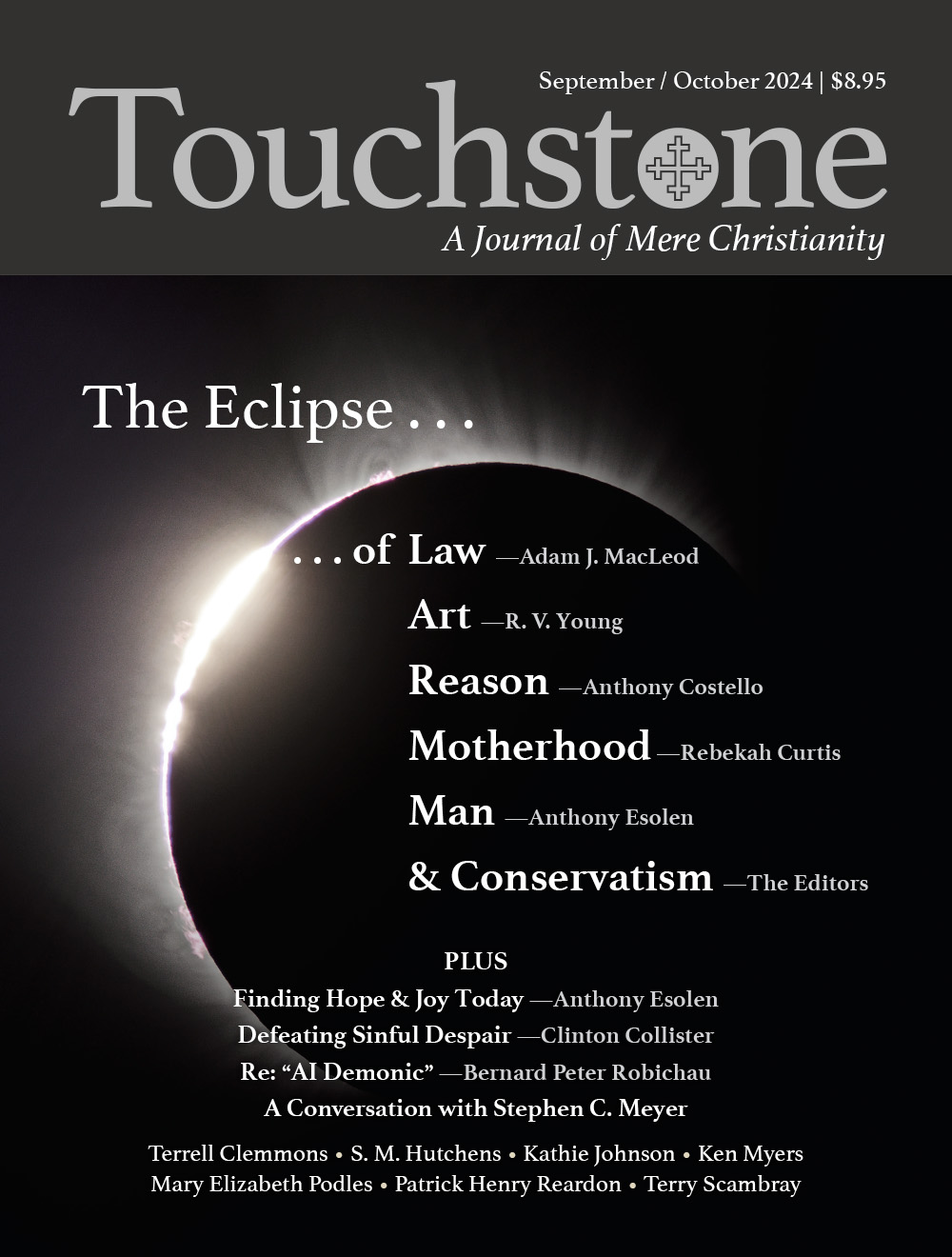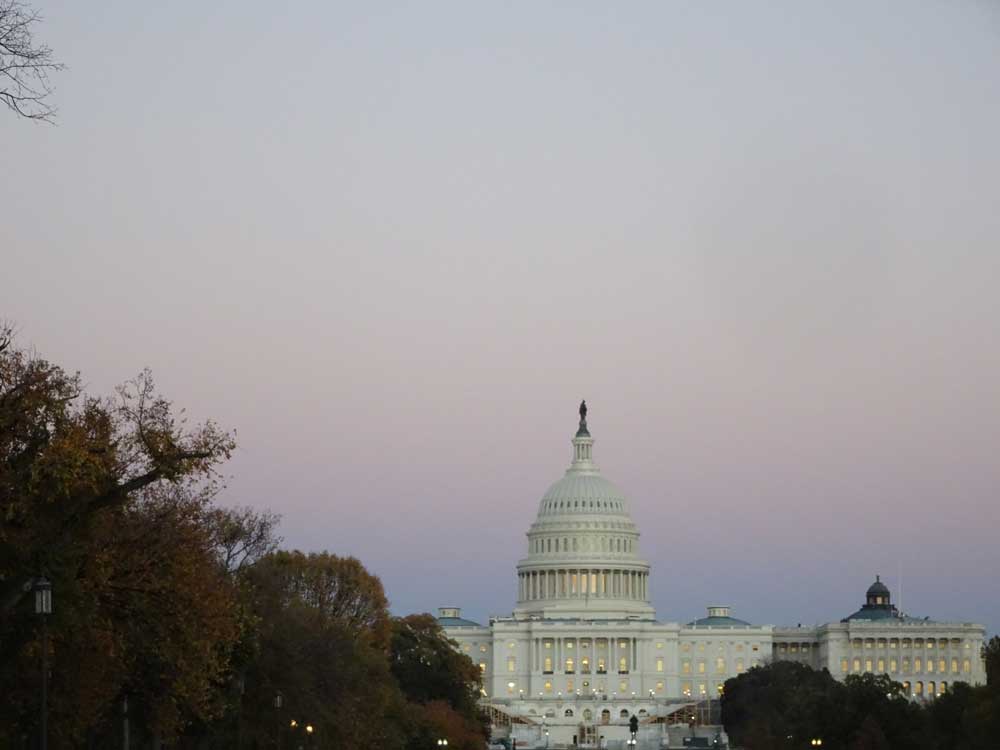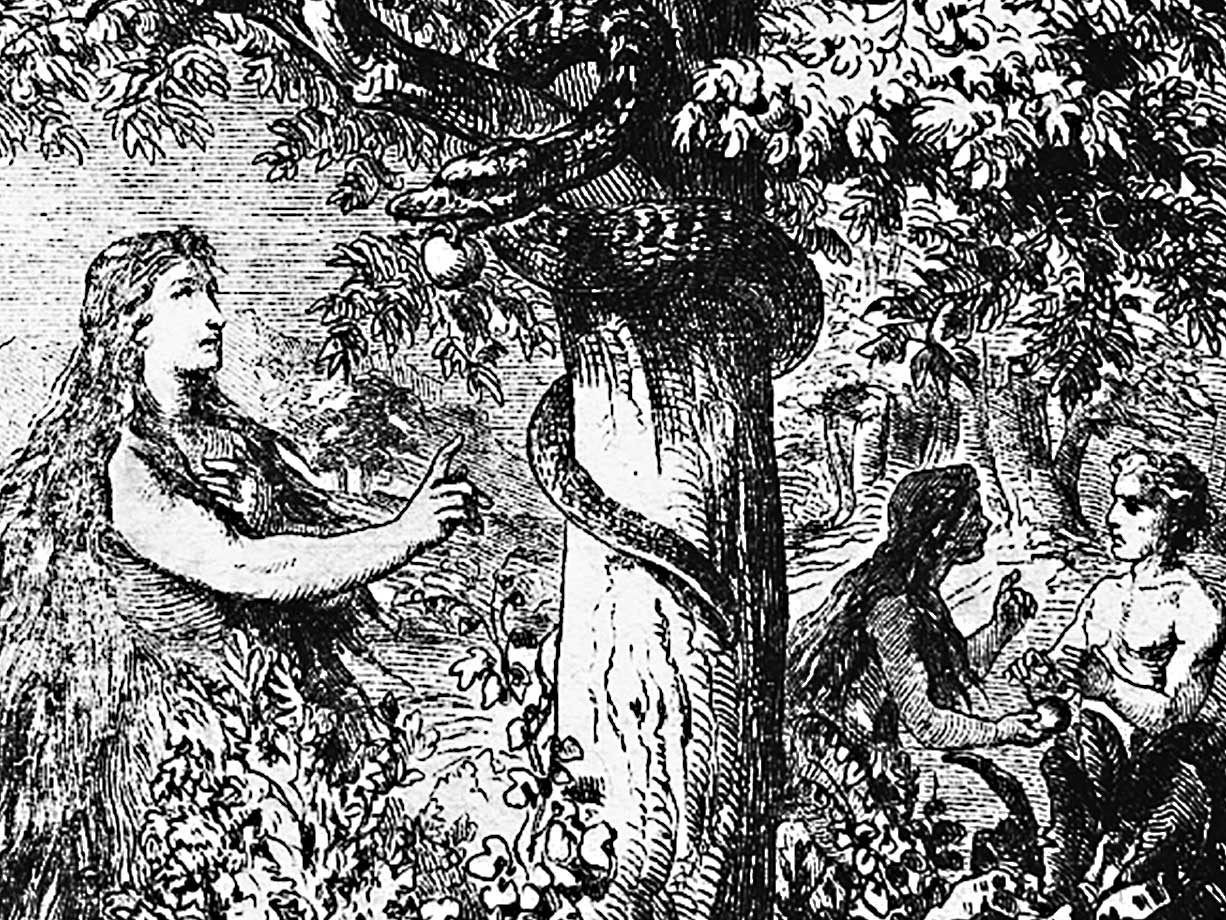Great & Wonderful Days
The Death of Conservatism & the Negative World
by J. Douglas Johnson
conservatism: (n.): a political movement grounded in the realization that one’s nation has abandoned certain irretrievable morals and manners, practiced by their ancestors as a matter of habit, whose loss is now belatedly understood as a key contributor to national decline.
In the wake of the July 2024 British elections, Peter Hitchens announced that conservatism is dead, gone, kaput. His tone was matter-of-fact, but anyone who perused his July 5 UnHerd column (“So. Farewell then conservatism”) could read the anguish between the lines.
Hitchens isn’t wrong. The conservative electoral victories over the last half-century did nothing to alter our respective nations’ liberal trajectories, which have brought us to where we are today. Violent crime did fall precipitously in the eighties and nineties but has now returned to levels not seen previously during the lifetimes of most Westerners. Conservative policy victories, too few and far between, have proven fleeting (remember Welfare to Work?), while our liberal trajectory perdures.
No one likes the collapse of the family, poorly educated children, and more criminals on our streets, not to mention our ever-expanding governments and unfathomable levels of national debt, which we may soon be unable to finance, let alone ever repay. But many conservative voters are, at best, ambivalent about these things. Some want to preserve their access to things made available by the laws that helped usher in our cultural decline, like no-fault divorce. The more steadfast have grown weary of playing Charlie Brown to the Tory and Republican Lucys, who beckon us to kick the football in one more election, promising that, if only we give them our votes, this time around they really will set things right. Many voters on the right have apparently concluded that they would rather not vote than be played for the fool for another twenty or thirty years.
That said, we can’t really put all the blame on the politicians who run as conservatives. Conservatives rely on slippery slopes to win votes, which is a losing proposition over the long term. Before the country slipped down that slope, conservative politicians sounded half-nuts for suggesting that the left had a secret plan to actually take us there. And then, almost immediately after our arrival at the bottom, about a third of conservative voters accepted and adapted to the new normal, while another third lamented the slide but then quickly abandoned the fight as yet another hill not worth dying on. Those who make up the remaining third (which includes most Touchstone readers) find themselves crushed, not by Democrats, but by a political vise made up of the other two-thirds of their own party.
Take, for example, the government redefinition of marriage.
Today, President Trump is more supportive of the government redefinition of marriage than either President Clinton or President Obama had dared to be, and he hosts LGBT fundraisers at Mar-A-Lago. And about half of voters who identify as conservative now say they support an idea that was too leftwing even for Obama in 2008.
What Is Conservatism?
In 2020, The American Conservative published a symposium in which each contributor was asked to submit a thousand-word answer to the question, “What is Conservatism?” Here is a selection of some of the most popular ideas expressed in that symposium:
• “the habits, traditions, ideas, and institutions . . . that best promote virtue and ordered liberty”
• battling our shrinking fertility rates
• battling our spiritual crisis
• “a disposition of gratitude”
• “a turn to history in an attempt at anamnesis”
• “the belief that human nature is immutable”
• the protection of the family and the church
• self-control
• “seeking that which is everlasting”
• “seek[ing] to protect the main aims of a well-lived life for ordinary people”
And so on, not one of which could be brought about or cultivated by politics, even if The American Conservative contributors could handpick every member of the House, Senate, and White House.
J. Douglas Johnson is the executive editor of Touchstone and the executive director of the Fellowship of St. James.
subscription options
Order
Print/Online Subscription

Get six issues (one year) of Touchstone PLUS full online access including pdf downloads for only $39.95. That's only $3.34 per month!
Order
Online Only
Subscription

Get a one-year full-access subscription to the Touchstone online archives for only $19.95. That's only $1.66 per month!
bulk subscriptions
Order Touchstone subscriptions in bulk and save $10 per sub! Each subscription includes 6 issues of Touchstone plus full online access to touchstonemag.com—including archives, videos, and pdf downloads of recent issues for only $29.95 each! Great for churches or study groups.
Transactions will be processed on a secure server.
more on politics from the online archives
more from the online archives
calling all readers
Please Donate
"There are magazines worth reading but few worth saving . . . Touchstone is just such a magazine."
—Alice von Hildebrand
"Here we do not concede one square millimeter of territory to falsehood, folly, contemporary sentimentality, or fashion. We speak the truth, and let God be our judge. . . . Touchstone is the one committedly Christian conservative journal."
—Anthony Esolen, Touchstone senior editor













